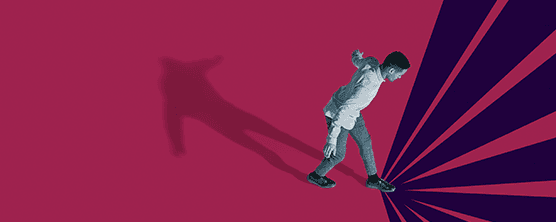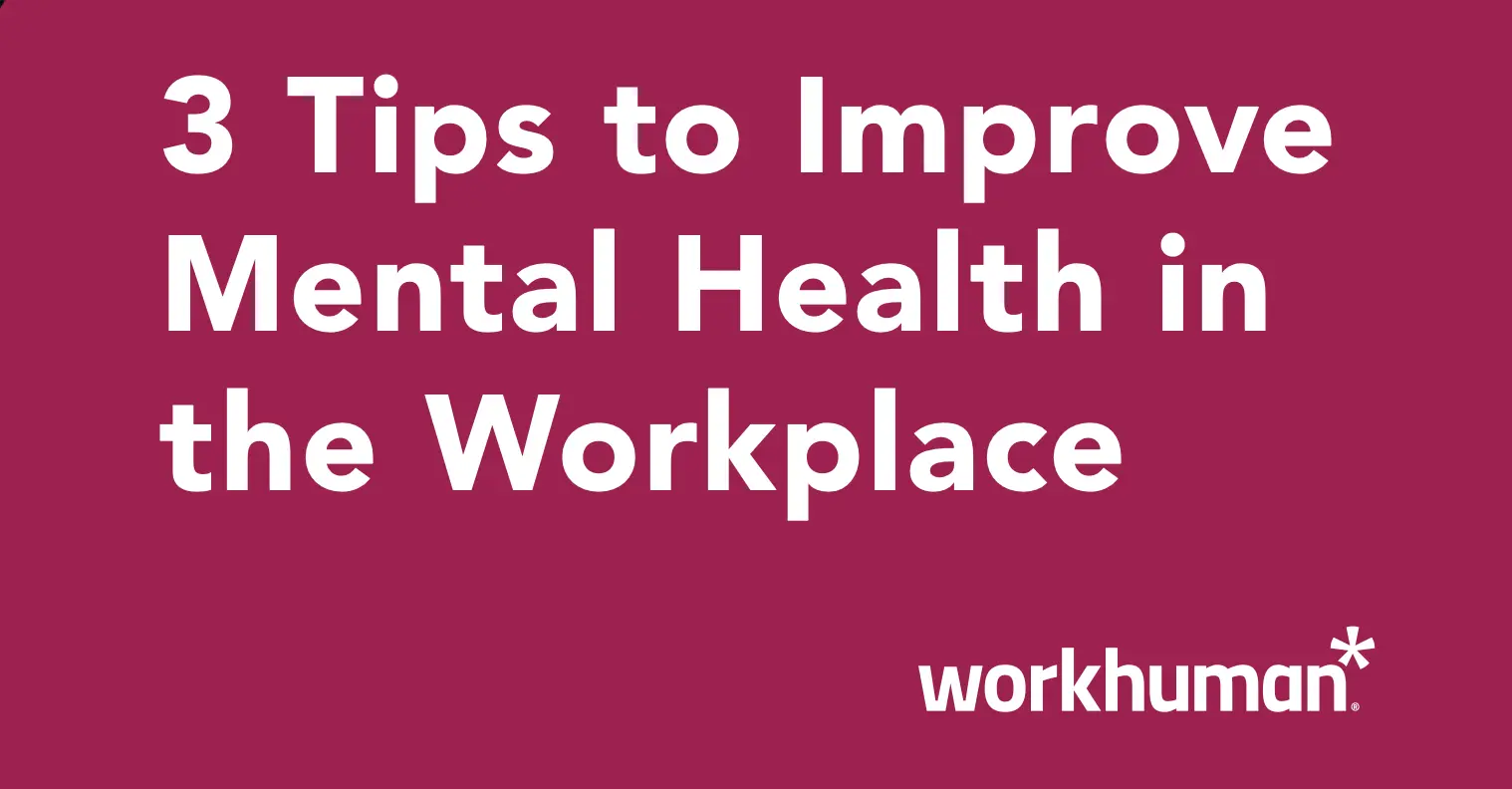
Lifting the Employee and Patient Experience in Healthcare
With Workhuman as your trusted recognition partner, you can alleviate burnout and retain your healthcare employees. Here’s how.

Lifting the Employee and Patient Experience in Healthcare
With Workhuman as your trusted recognition partner, you can alleviate burnout and retain your healthcare employees. Here’s how.

Delivering a New Employee Experience in Biotech and Pharma
See how biotech and pharma organizations address industry-specific challenges, generate a rich employee experience and drive performance forward with Workhuman.

Choosing Workhuman As Your Trusted Partner
The Workhuman platform unites people and culture, drives business outcomes, and fuels ROI – and as your trusted recognition partner, we’ll do the same for you.

Maximizing the ROI of Social Recognition: Unmatched Results for Biopharma Customers
This research paper highlights Workhuman iQ findings that prove the ROI of recognition in the biopharma industry.

The Human-Centered Workplace: Building Organizational Cultures That Thrive
Discover how recognition fosters engaged, resilient cultures. Learn key strategies from Workhuman and Gallup to build thriving workplaces in today's evolving job market.

Using Recognition to Uplift Wellbeing and Daily Emotions
Learn how strategic recognition boosts employee wellbeing and emotional experiences. Discover insights from Gallup and Workhuman on leveraging recognition to support your workforce.

Easing Burnout for Tech Workers
Here are three tech-approved approaches to help minimize employee burnout.

Lifting and Quantifying the Employee Experience in Financial Services
With Workhuman as your trusted recognition partner, you can alleviate chronic unhappiness in the financial services industry. Here’s how.

3 Tips to Improve Mental Health in the Workplace
Read on for three tips to make mental health matter at your organization.

3 Misconceptions About Burnout – and How to Fix Them
Read on for common misconceptions around burnout, as well as proven strategies to alleviate workplace stress, as discussed at Workhuman Live 2024.

The New Cultural Wave: Embracing AI and Reskilling
The age of AI does not mean the end of jobs. Instead, it necessitates workforce agility and a shift to a skills-based mindset.